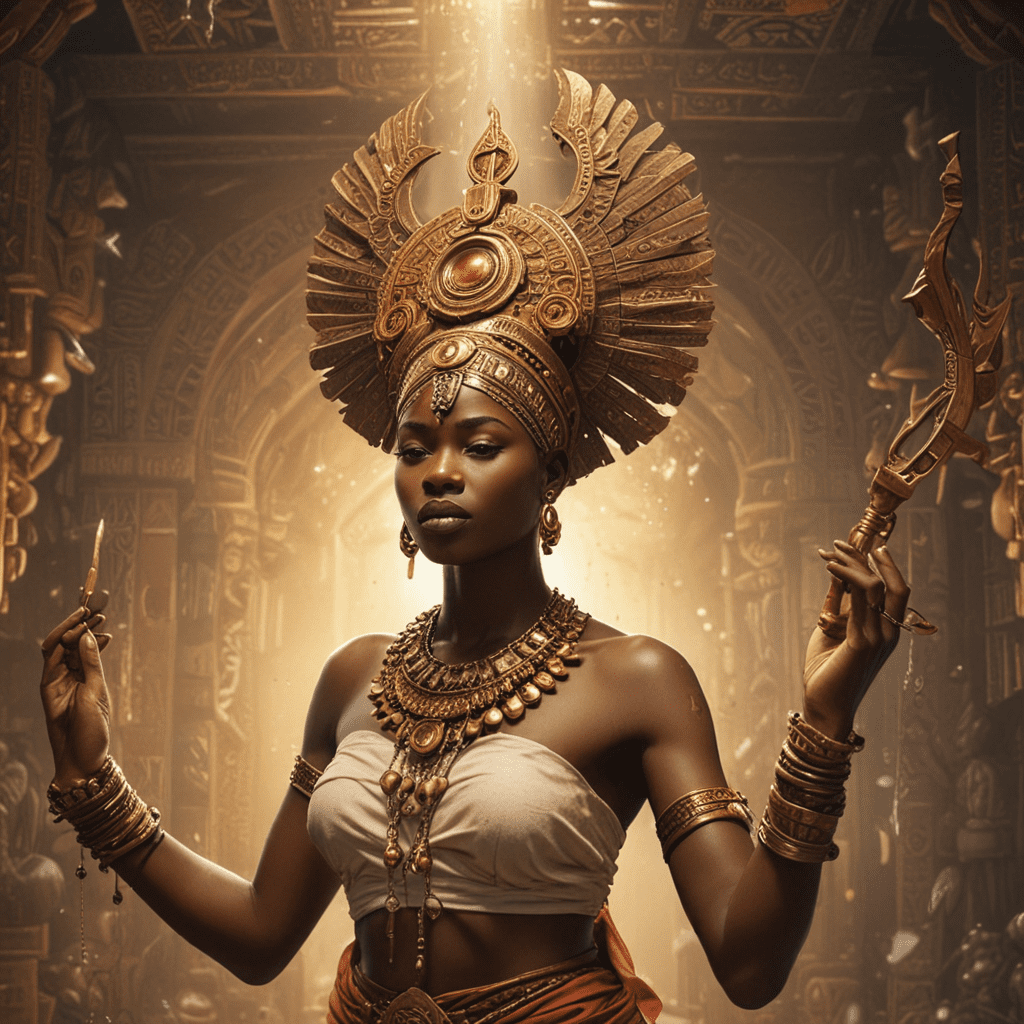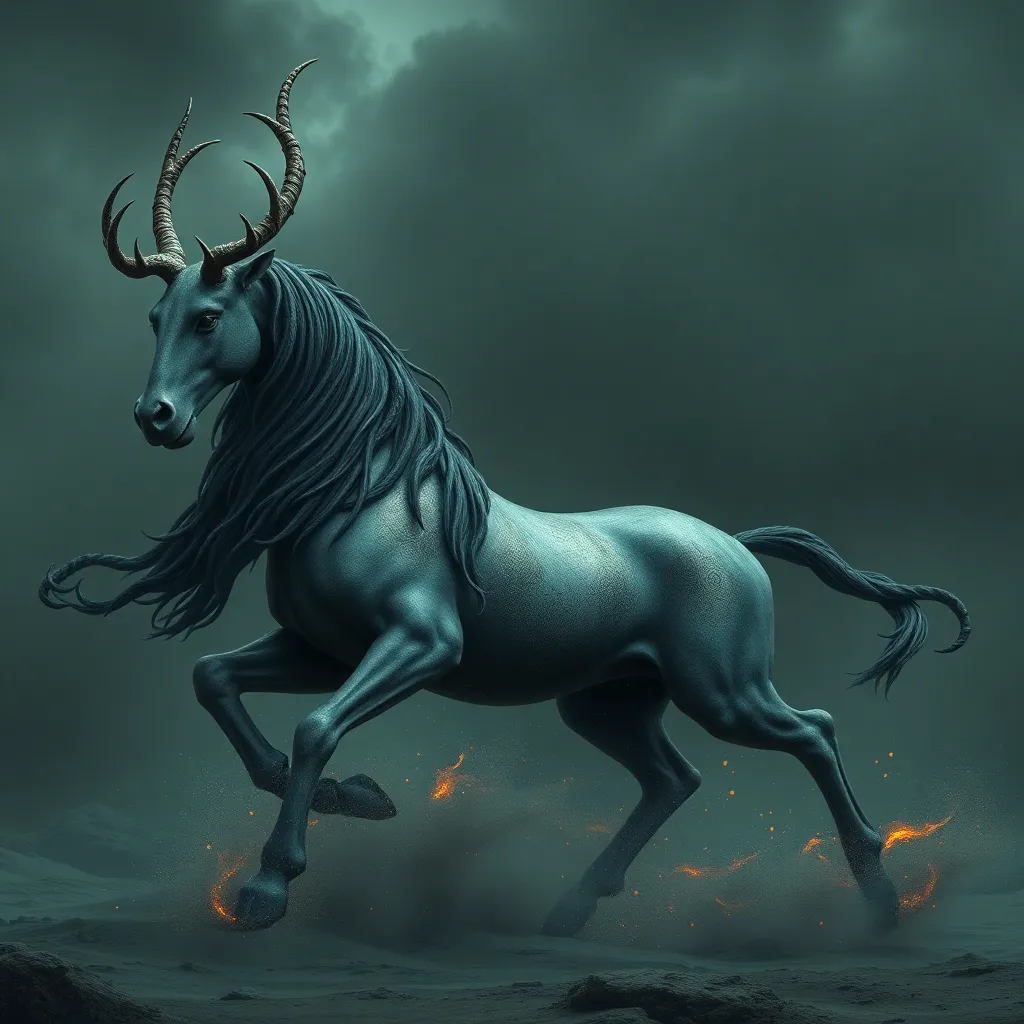1. Introduction: The Role of Language in African Mythology
Language plays a pivotal role in African mythology, shaping the creation of the world, the naming of beings, and the transmission of knowledge. Words possess immense power, serving as the bridge between the mortal and spiritual realms.
2. The Creation of the World through Language
In many African myths, the world is brought into existence through the utterance of words. Gods or other divine beings speak words that have the potency to create, transforming chaos into order. Words not only name things but also bring them into being, granting them a tangible reality.
3. The Power of Names and Naming in African Cultures
Names in African mythology are not mere labels but carry significant cultural and spiritual meanings. They often reveal the character or destiny of the individual they represent. Names are believed to have a profound influence on the bearer's life, shaping their persona and societal roles.
4. Storytelling and the Transmission of Mythical Knowledge
African mythology is predominantly an oral tradition, with stories passed down through generations through the art of storytelling. These stories serve as a conduit for transmitting mythical knowledge, cultural values, and historical events. Skilled storytellers use language to weave captivating narratives that resonate with listeners and connect them to their past.
5. The Ritualistic Use of Language in African Mythologies
Language also plays a crucial role in rituals and ceremonies in African mythologies. Prayers, incantations, and chants are believed to have the power to invoke the favor of gods or ancestors, heal illnesses, or bring about desired outcomes. The specific words used in these rituals are carefully chosen and believed to possess inherent efficacy.
6. Taboos, Proverbs, and Idioms as Expressions of Mythical Beliefs
Taboos, proverbs, and idioms are linguistic expressions that encapsulate mythical beliefs and moral teachings in African cultures. Taboos are prohibitions against certain actions or behaviors believed to be harmful to individuals or the community. Proverbs and idioms convey wisdom, cultural values, and mythical stories through concise and metaphorical language.
7. Language and the Supernatural: Interactions with Gods and Ancestors
Language serves as a bridge between the mortal and spiritual realms in African mythologies. Prayers and rituals use words to invoke the favor of gods and ancestors, seeking their intervention or guidance. Words spoken to the supernatural are believed to carry significant weight and influence, playing a crucial role in maintaining harmonious relationships between deities and humans.
8. The Therapeutic Power of Language in African Mythologies
In many African cultures, language is believed to possess therapeutic properties. Storytelling, counseling, and healing rituals involve the use of words to soothe troubled minds, address emotional distress, and promote physical well-being. Language can act as a cathartic outlet, allowing individuals to express their innermost thoughts and feelings, leading to a sense of relief and healing.
9. The Influence of Language on Social and Political Structures
Language in African mythologies has a profound impact on social and political structures. Myths and legends establish hierarchies, define roles within society, and legitimize authority. Rulers and leaders often derive their power from their ability to wield language effectively, using it to persuade, command, and inspire others. Language thus becomes a tool for shaping social norms, maintaining order, and shaping political dynamics.
10. Conclusion: The Enduring Legacy of Language in African Mythologies
Language is an indispensable element of African mythologies, shaping every aspect from creation to social organization. Words possess power, carrying the weight of myth, history, and cultural values. The enduring legacy of language in African mythologies continues to inspire and inform contemporary beliefs, artistic expressions, and societal practices, ensuring its relevance and significance for generations to come.
FAQ
What is the role of language in African mythology?
Language in African mythology is central to creation, naming, storytelling, rituals, and interactions with the supernatural. It shapes social and political structures, conveys therapeutic properties, and encapsulates mythical beliefs.
How is language used to create the world in African mythologies?
In many African myths, the world is brought into existence through the utterance of words. Gods or divine beings speak words that possess the power to create, transforming chaos into order. Words not only name things but also bring them into being.
Why are names so important in African cultures?
Names in African mythology are not mere labels but carry significant cultural and spiritual meanings. They often reveal the character or destiny of the individual they represent and are believed to influence the bearer's life.



